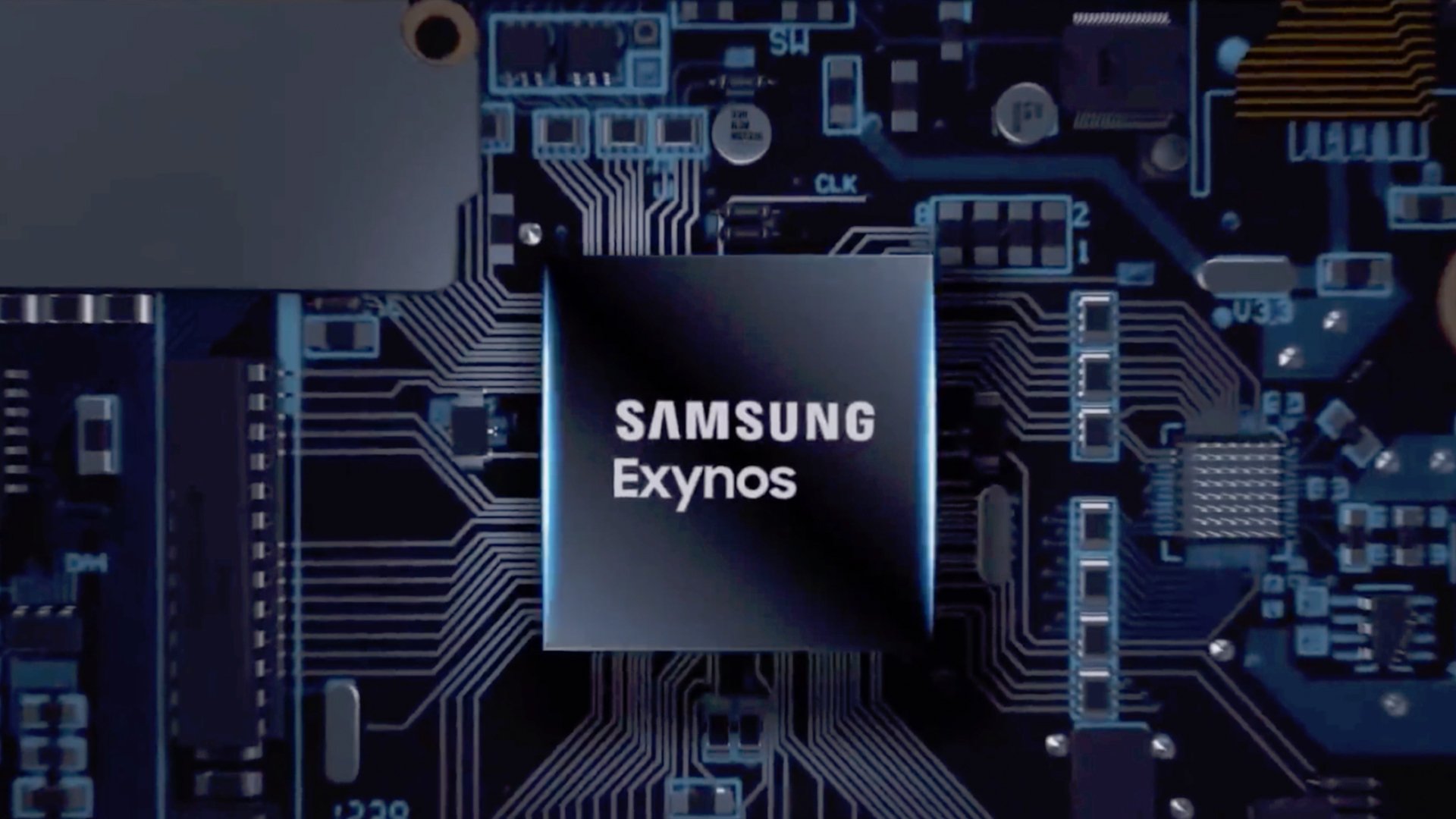A high-end chipset presumably set to power some of Samsung's 2021 flagships – the Exynos 1080 – was finally benchmarked several hours ago, and the results are pretty good, to say the least. It was spotted in the AnTuTu database, which is in line with last week's report claiming the silicon has been specifically designed for China seeing how that happens to be the most popular smartphone benchmarking tool in the Far Eastern country. What isn't as easy to explain is what the Exynos 1080 actually is and how does one even design a system-on-chip for a single country.
Such questions have been lingering since we first learned about the SoC's existence several days ago, but given how its AnTuTu results seem to suggest an overall step above the current market leader, Qualcomm's Snapdragon 865+, it would at least appear this will be a variant of the Exynos 1000/2100. That would be Samsung's “regular” annual update to its flagship line of silicon.
690,000+, yes, you read that right, this incredible score comes from Exynos 1080, which exceeds the Snapdragon 865 Plus, especially the GPU. pic.twitter.com/InD72gsKOz
— ICE UNIVERSE (@UniverseIce) October 12, 2020
No one yet dares to answer what is the point of all this
Yet the only performance aspect in which the Exynos 1080 seems to come out on top of the Snapdragon 865+ by some degree is GPU rendering. Far from insignificant, but the silicon is still a shade or two below Qualcomm's latest and greatest SoC. Not the kind of thing you'd expect from a 2021 chipset, not when the 2020 bar is weeks away from rising further still. Meaning the Exynos 1080 might as well be some form of the Exynos 980 with a newer GPU – the Mali-G78 instead of -G76.
Then again, neither was whatever the Exynos 980 ended up being this year. Samsung is, unsurprisingly, not dwelling on the past, but how will introducing yet another high-end line help reverse its chipmaking fortunes remains to be seen. Oh, and obviously synthetic benchmark scores aren't to be taken as gospel, no matter the source or methodology because at the end of the day, they're pretty much lab-scenario figures; something not really applicable to real-world use, not to mention easily manipulated in terms of final scores.
Whatever the case ends up being, recent reports suggested the blockbuster AMD GPU partnership Samsung has been cultivating for a while now won't result in a commercial mobile chipset before 2022. So, the Exynos 1080 may truly be as good as Samsung's portfolio gets for the time being.




